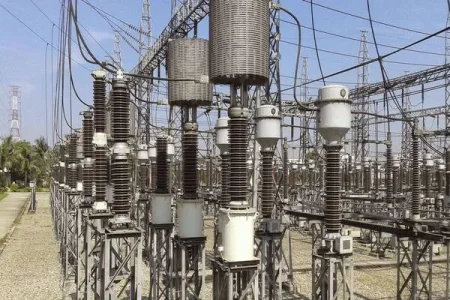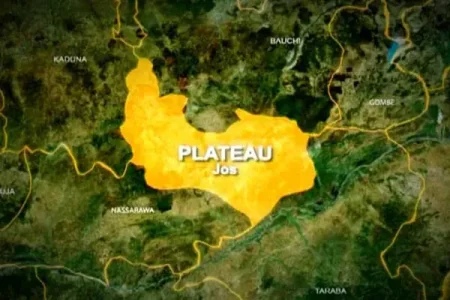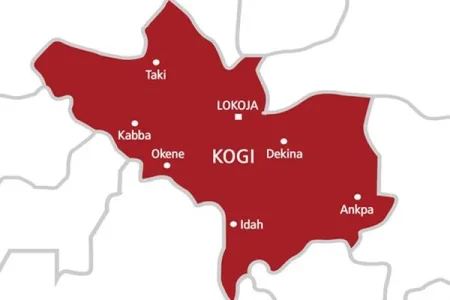
Nigerian universities face a power crisis due to high electricity tariffs, leading to budget strains and frequent blackouts. Institutions explore alternative energy solutions as students struggle with study conditions. The government considers CNG power for universities amidst calls for tariff reclassification. The situation impacts academic standards and university operations nationwide.
Nigerian universities face a power crisis due to high electricity tariffs, leading to budget strains and frequent blackouts. Institutions explore alternative energy solutions as students struggle with study conditions. The government considers CNG power for universities amidst calls for tariff reclassification. The situation impacts academic standards and university operations nationwide
Nigerian universities are facing a severe power crisis as they grapple with exorbitant electricity tariffs imposed by distribution companies (DISCOs). The recent categorization of universities into "Band A" has led to a dramatic increase in power bills, straining already tight budgets and disrupting academic activities.
For instance, the University of Lagos has seen its monthly electricity bill skyrocket from N180 million to N300 million. Similarly, Ahmadu Bello University now contends with a N300 million monthly bill, amounting to an annual expense of N3.6 billion for electricity alone.
The situation has forced many institutions to ration power, leading to frequent blackouts and hampering students' ability to study effectively. Some universities, like the Federal University of Technology, Akure, are receiving only a fraction of the promised power supply despite the increased tariffs.
In response to these challenges, some institutions are exploring alternative energy solutions. Kwara State University, for example, has initiated an Independent Power Project to reduce reliance on the national grid.
Students across the country are bearing the brunt of these power shortages, with many resorting to studying by torchlight or relying on expensive generators. The National Association of Nigerian Students (NANS) has called for universities to be removed from the Band A categorization to alleviate the financial burden.
The federal government, through the Ministry of Education, acknowledges the problem and is considering solutions such as Compressed Natural Gas (CNG) to power universities. However, the immediate future remains uncertain as institutions struggle to balance their budgets and maintain academic standards in the face of these unprecedented energy costs.
Source: Vanguard Newspaper




